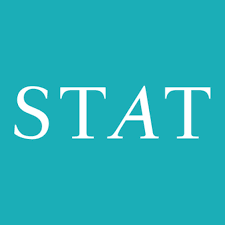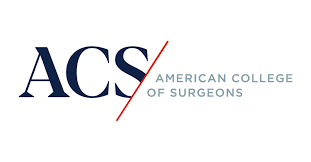Scientists question NIH's $500M bet on old vaccine technology

Editor's Note The NIH’s $500 million investment in developing whole killed virus vaccines has drawn criticism from vaccine experts who argue the platform is outdated and lacks transparency, according to a May 3 report in STAT. As detailed in the article, scientists expressed concern that the project—led by NIH insiders…
House report criticizes COVID-19 pandemic response, calls for reform

Editor's Note A Republican-led House subcommittee investigating the COVID-19 pandemic released a 520-page final report summarizing its two-year inquiry, outlining recommendations for future pandemic preparedness and critiquing both US and global responses to the crisis. CNN reported the news December 2. The report concludes that COVID-19 most likely emerged from…
Analyzing impact of long COVID on cognitive health, surgical outcomes

Editor's Note The term "perioperative neurocognitive disorder" has been adopted to describe cognitive impairments identified during the perioperative period, the American College of Surgeons (ACS) May 8 reports. Postoperative delirium, in particular, is an acute complication manifesting as confusion and fluctuating levels of consciousness and attention. The incidence of this…
WHO: Virus transmission airborne, not limited to droplets

Editor's Note In a move one expert calls “a complete U-turn,” the World Health Organization (WHO) has concluded that viruses transmit through primarily the air via inhalation of tiny suspended particles of saliva and mucus, KFF Health News reported on May 1. Until now, health authorities have relied on the…
Social distancing outperforms closing borders in preventing virus spread
Editor’s Note Social distancing was more effective than closing borders in preventing the spread of COVID-19, according to a study published in Cell December 14. Conducted by Scripps Research, the study examined the efficacy of various mandates—including stay-at-home measures, social distancing, and travel restrictions— in preventing local and regional transmission…
Predicting the pathogen behind the next pandemic
Editor's Note Scientists are focusing on the next group of pathogens that could cause a pandemic and are zeroing in on paramyxovirus—a family of single-stranded RNA viruses—The Atlantic October 29 reports. According to the Coalition for Epidemic Preparedness Innovations, paramyxovirus is known to cause Hendra virus, measles, mumps, Nipah virus,…

 Free Daily News
Free Daily News